|
Dr Annabel Chan, Clinical Psychologist 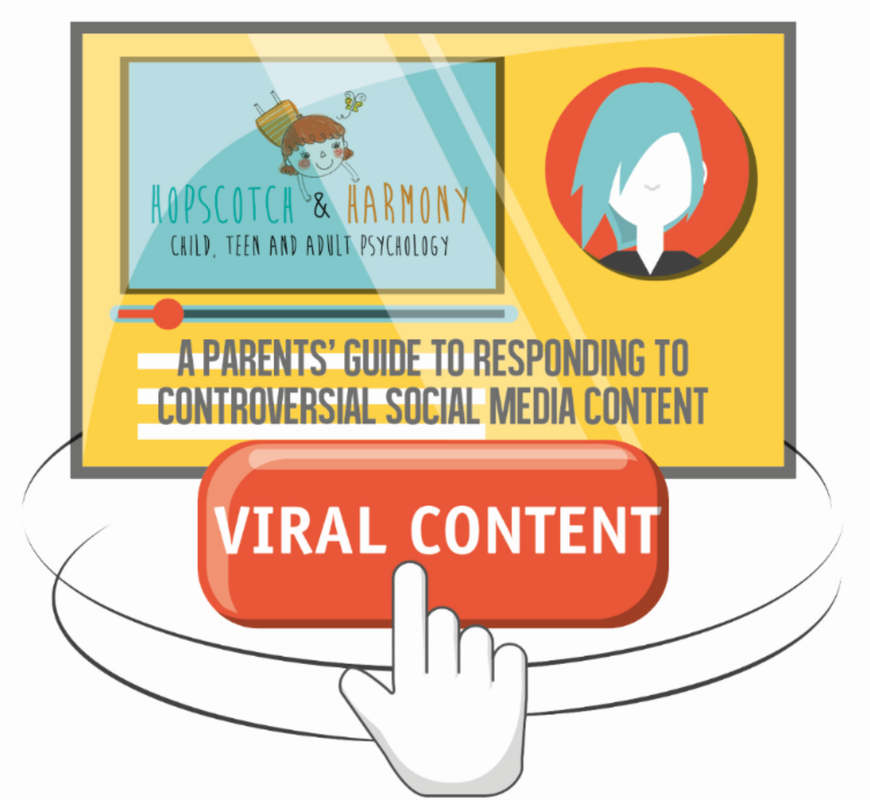 The new year has begun, and already an incident of bad behaviour has gone viral, inspiring public fury and a trial-by-media for the YouTube star Logan Paul. In a video posted on New Year's Eve, Logan Paul and his friends go camping in Aokigahara, unfortunately known as the "Japanese suicide forest", and film themselves discussing and laughing at a deceased person they find. Condemnation was swift and widespread, and Logan Paul had since taken the video down and issued an apology. In doing so, he joins a long list of popular online celebrities that are watched by millions of young people, but only break through to adults when their behaviour generates criticism and outrage. Less than a year before Logan Paul's Japanese outing, Swedish video game vlogger PewDiePie arranged to have "two semi-naked Indian men dancing while holding a banner reading ‘Death to all Jews’” appear on his YouTube channel, which has 59 million individual subscribers and over 4 billion views. Public response was similar, and PewDiePie has returned to vlogging without further problems. Logan Paul himself is following the footsteps of his older brother Jake, who has attracted criticism for posting sexually explicit content and activities including breaching security at the White House in Washington. Meanwhile, machine-generated cartoons depicting popular children's characters in violent and sexual predicaments are spreading rapidly, causing regular outbreaks of parental alarm and media attention. So, let's take a look at what can we do to help children and young people use video media safely, socially, and critically. As always, the first thing is: DON'T PANIC.When a controversial video goes viral, it's easy to get swept up in the reactions of others and simply join the shouting, giving the loudest voices the biggest say for fear of missing out, being left behind, or judged for not reacting. In the case of Logan Paul, some parents are broadcasting their disapproval of the video on social media and, more deliberately, announcing what they're doing to protect their children. While discussions of these issues is important, some of this is virtue signalling - defined in the Oxford Dictionary as "the conspicuous expression of moral values done primarily with the intent of enhancing standing within a social group". The Cambridge Dictionary further explains it as “the popular modern habit of indicating that one has virtue merely by expressing disgust or favour for certain political ideas or cultural happenings”. Social media platforms allow for fast and easy virtue signalling. By publicly denouncing Logan Paul, banning children from YouTube, or declaring they will monitor their child’s every mouse click, these parents signal superiority over other parents and create competition and pressure to follow suit. It can be tempting and simply easier to just go with the majority voice and follow whatever other parents are doing. Resist it. What works for one family or child or parent may not work for another. Children’s' attitudes may change with age, environment, or peers. There is no one-size-fits-all parenting response, because each child is a unique individual, so… DON’T PRESUME YOUR CHILD’S REACTIONSIf your child has watched Logan Paul’s videos or subscribed to his channel, it doesn't automatically mean they agree with everything Logan Paul posts, or that they are even a fan. Anyone who has watched The Bachelor and enjoyed it knows that we can be entertained by content that goes against our values and morals. Psychoanalysts call these “ego-dystonic behaviours”. Lesson time! "Ego-dystonic" refers to thoughts and behaviours that conflict with a person’s ideal self-image. These are impulses or acts that we carry through even though we dislike them and don't want to be associated with them. Some children may find Logan Paul’s videos distressing, offensive, or discomforting, but watch them anyway due to peer pressure, fear of missing out, or morbid curiosity. "Ego-syntonic" is the opposite. These are behaviours and feelings that are in harmony with our identity and ideals. These children may enthusiastically watch Logan Paul’s more outrageous videos in support of their idol (Logan's fans call themselves the "Logang"), may find them genuinely entertaining, revel in schadenfreude (deriving pleasure from another person’s misfortune), watch to see what the fuss is about, or simply can't see anything wrong with the content. Even if that seems unsettling or unfair…. DON’T TELL YOUR CHILD HOW TO FEELChildren are not clones or extensions of their parents. They have their own thoughts, feelings, values and motivations. No matter what you think of Logan Paul, it is important to remember that this isn't about the parents. Every adult has been a child, and we all know a sure-fire way to ensure rebellion is by telling a young person what to do “because I say so”. If a child doesn't understand the reason for a rule or value, they are much less likely to stick with it. What really matters is finding out and understanding how your child feels about Logan Paul, and definitely… DON’T PUNISH YOUR CHILDLogan Paul made a mistake and is being judged in public, not your child. Banning children from an entire social media platform because someone else misused it is counterproductive and punitive. Additionally, children who are banned from something popular online are likely to simply access it through schools and friends instead, with no parental guidance or support. It's very easy to get wrapped up in fears of harmful media leading children astray, but… DON’T ASSUME ALL YOUTUBERS ARE BAD FOR YOUR CHILDGraphic from Juvenoia: Kids These Days For people born last century, it can seem ludicrous that a young person with a camera can become a famous millionaire just by making silly or mundane videos of themselves and posting them online. It can also be confronting to feel disconnected from a younger generation that enjoys these performers and their content, on a new medium that transcends television or radio. Consciously or not, most parents expect, or at least hope, that their children will share their worldview, opinions, and values. For that reason, it can seem like a natural, knee-jerk reaction to ignore, dismiss, or remove something that a child values but a parent doesn’t. So, if your child expresses an interest in something that you dislike or find pointless, fight that urge. Popular YouTubers are peer leaders and role models in the world of social media. Research has consistently shown that children from the age of 8 derive more pleasure from peer relationships than family relationships, and are more easily influenced by friends than by authority figures. This is an important stage of a child's development, as the capacity to develop social bonds outside their family predicts higher rates of overall general functioning and social successes. However, this may mean your child is more likely to admire and listen to the advice of YouTubers than anything offered by their parents or other adults. That can be confronting, but isn't always a bad thing. YouTubers are often creative, productive, and pro-social leaders of change and awareness campaigns. Many are relatable and worthy role-models who are candid with their fans and offer valuable advice on their experience with difficult topics such as mental health and chronic illness. For example, the Draw My Life trend has been cathartic for many people, giving young people an accessible way to understand the lives, struggles, and strength of many others around the world. Other trends are just plain fun! Creating online media content is also a real job, a passion and a legitimate career in a booming industry that could and should be an option for any child today. But there's still bad content on YouTube that my children are exposed to! What now? 5 Things To Do |
Categories
All
Abby Elder
ACT
Adolescence
Alyce Galea
Anger
Anxiety
App Recommendation
Apps
Assertiveness
Attachment
Autism
Autism Assessments
Body Image
Book Recommendation
Breathing
Bullying
Burnout
Child Development
Child Safety
Chronic Pain
Cognitive Assessment
Communication
Conflict Resolution
Co-Parenting
Cyberbullying
Deep Pressure
Depression
Dietetics
Discipline
Eating Behaviour
Eating Disorders
Educational Assessment
Emotional Intelligence
Emotion Regulation
Endometriosis
Exam Stress
Fathers
Fear
First Session
Gaming
Gratitude
Grief And Loss
Grit
Growth Mindset
Hilary Sanders
Home Education
Infant Mental Health
Inspirational Quotes
Internet
Internship
Jacob Spinks
Jessica Cleary
Kara Vermaak
LGBTIQA+
Liz Greig
Martha Mulley
Medicare
Mindfulness
Miscarriage
Motivation
New-years-resolution
Nighttime-fears
Nutrition
Occupational Therapy
OCD
Online Counselling
Parenting
Play Therapy
Provisional Psychologist
Puberty
Relationship
Relaxation
Resilience
Sarah Kruse
School
Self-care
Self-compassion
Self-esteem
Self-harm
Sensory Processing
Separation Anxiety
Sex Education
Sexuality
Shame
Sibling Rivalry
Sleep
Social Media
Social Skills
Sport Psychology
Stress
Suicide
Telehealth
Therapy
Therapy Ideas
Tim Walker
Transgender
Trauma
Video Games
Working Memory
Worry

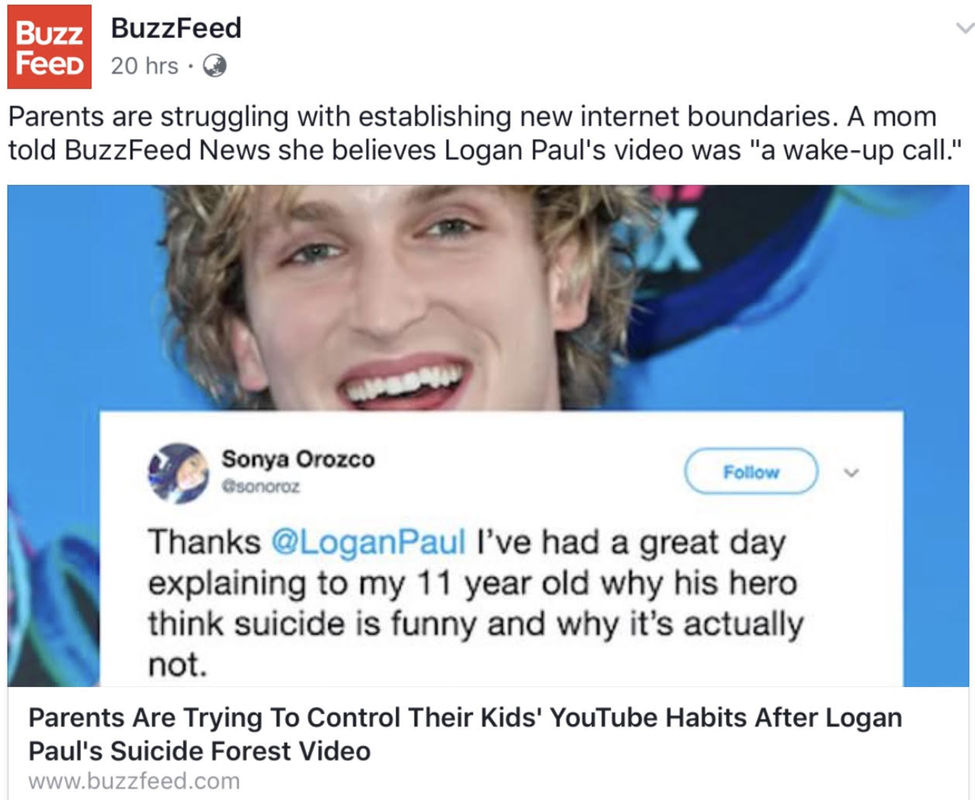

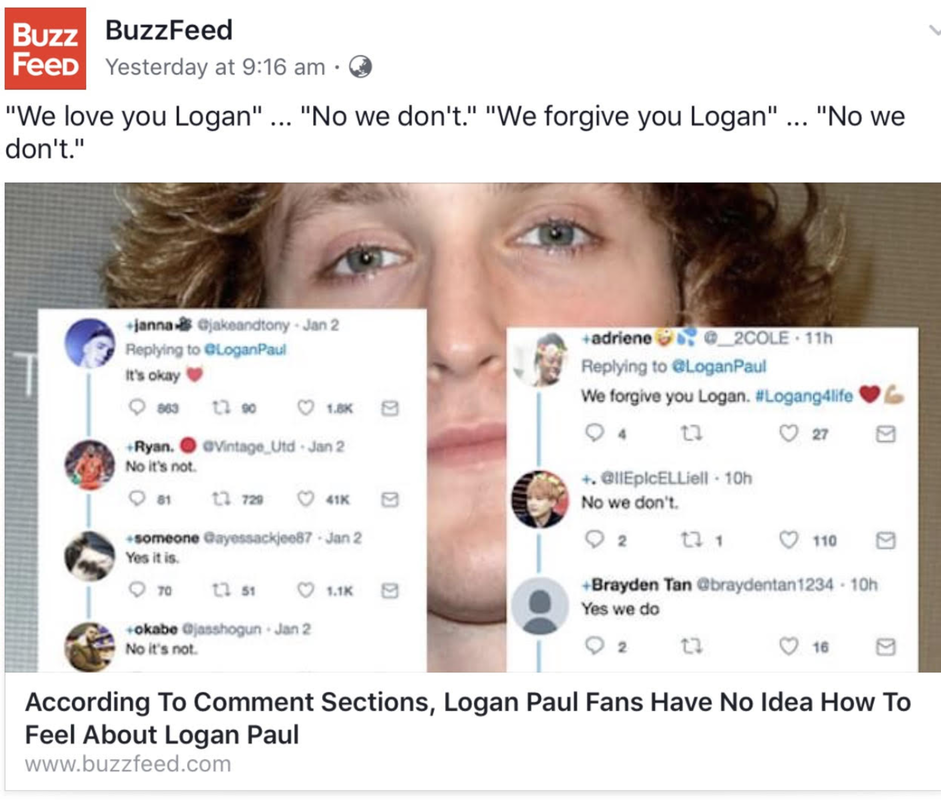
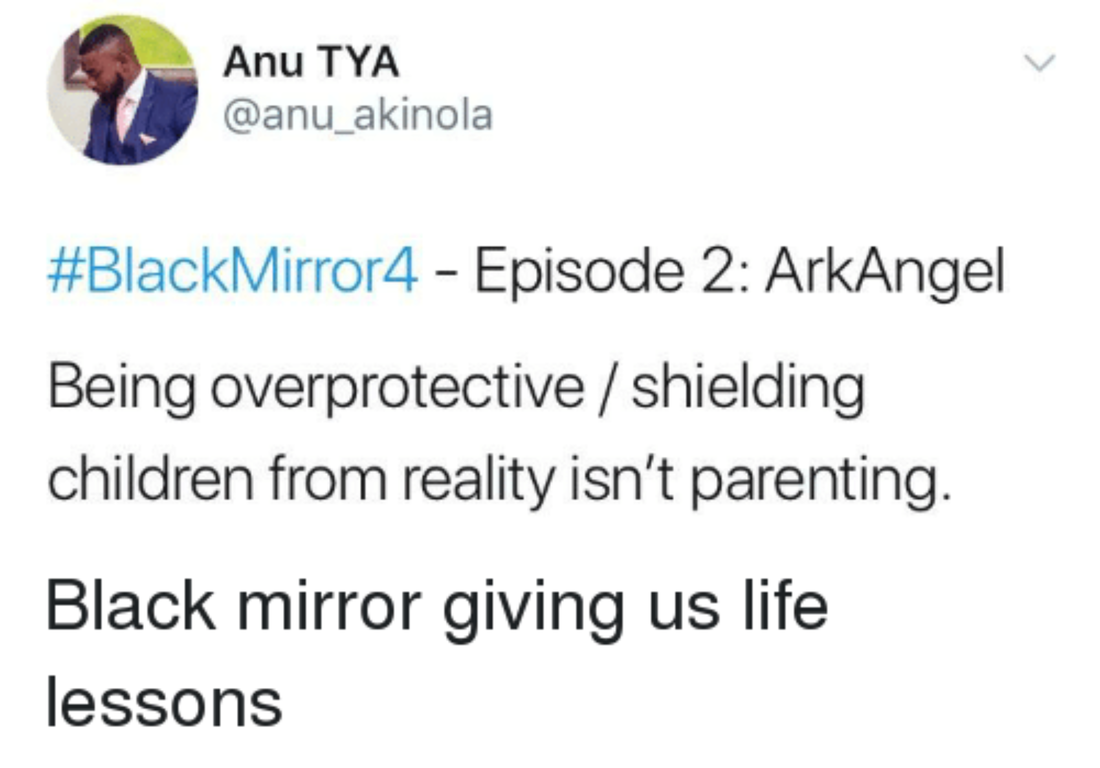
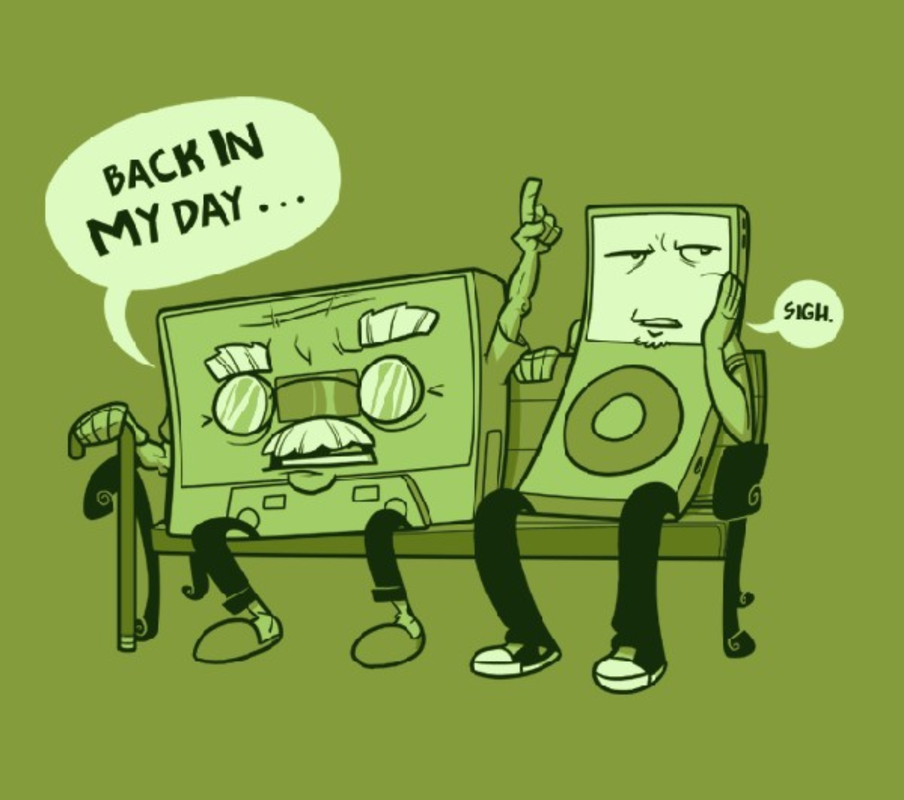
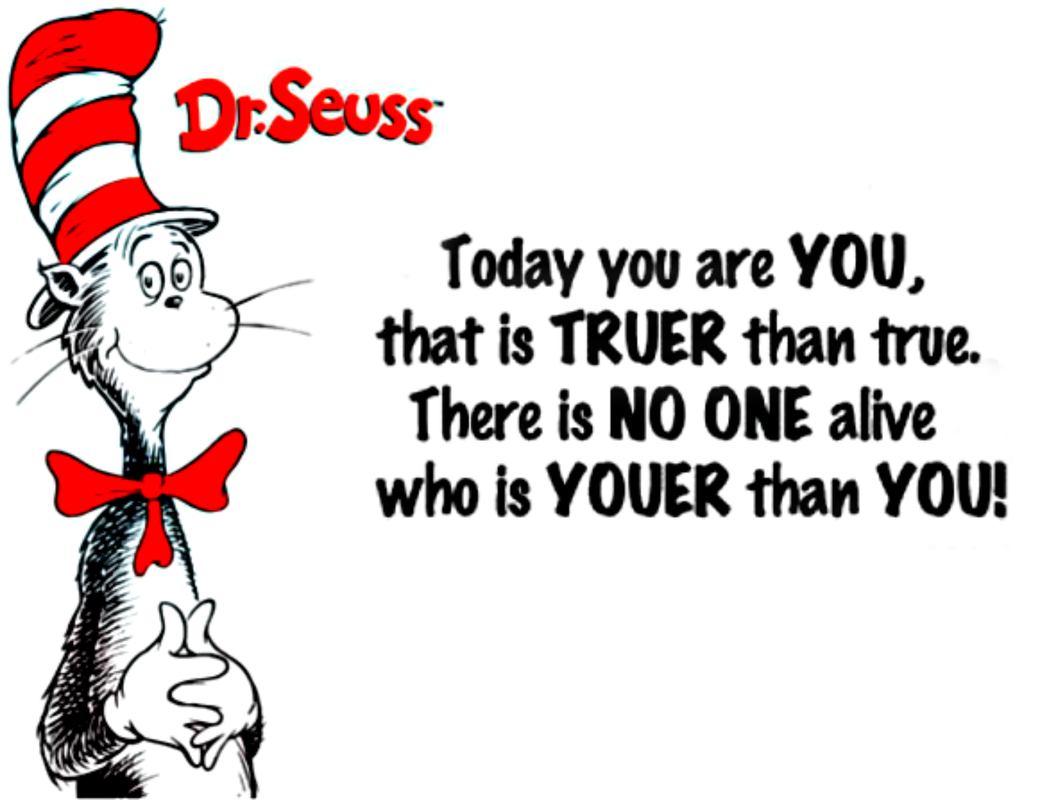
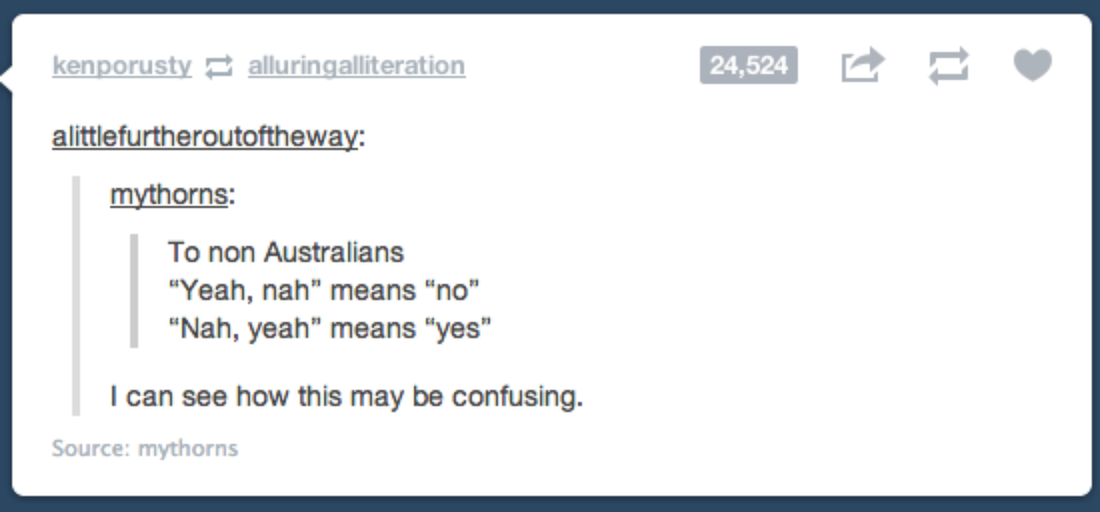
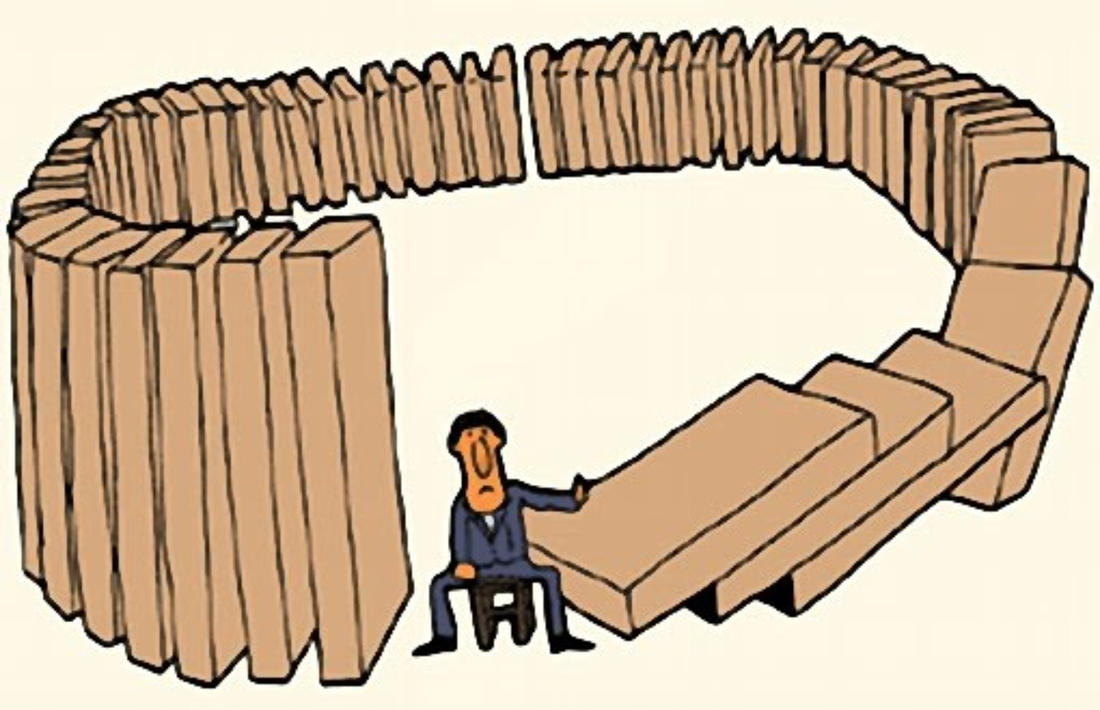

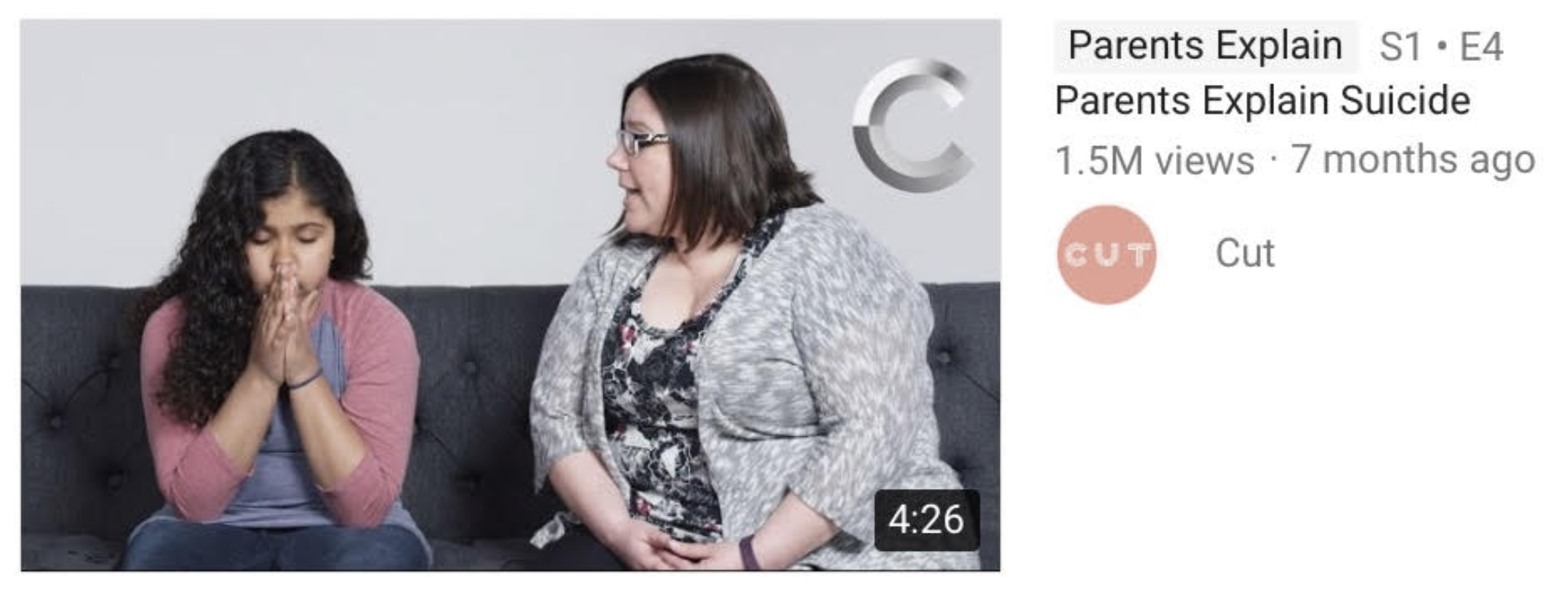
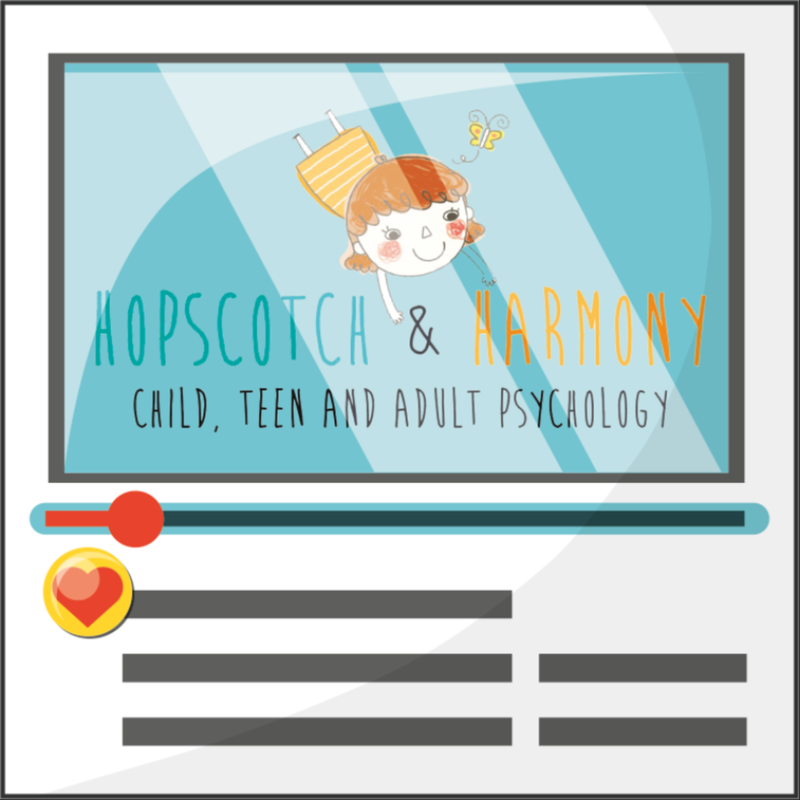
 RSS Feed
RSS Feed
